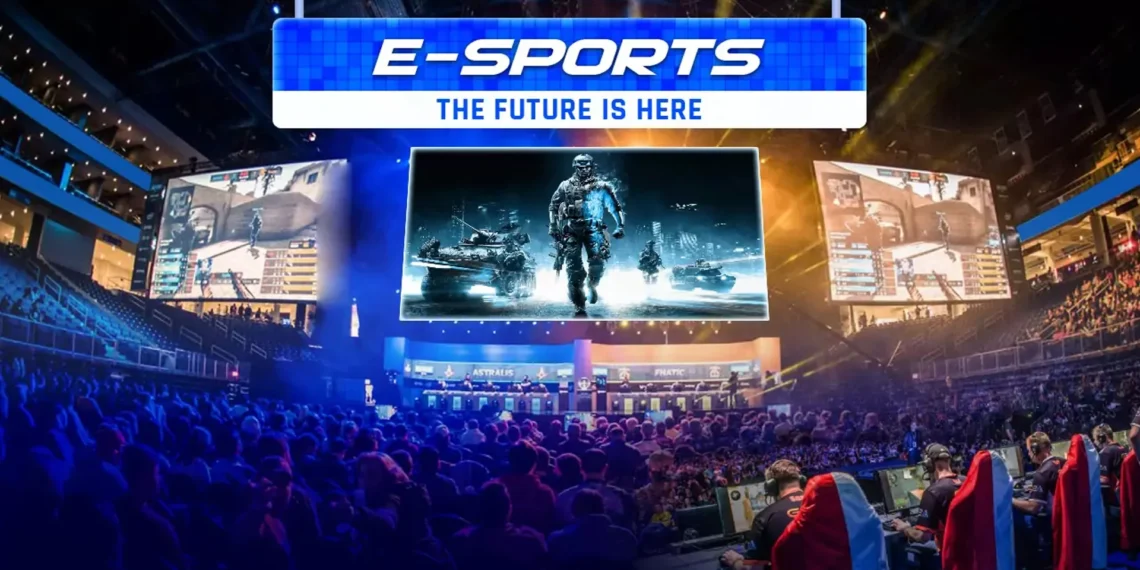The world of gaming has evolved far beyond a casual pastime—it has become a multi-billion-dollar industry that rivals traditional entertainment sectors like film and television. Esports and online gaming have transformed from niche hobbies into mainstream cultural phenomena, reshaping how people engage with entertainment, social interaction, and even professional careers.
The Rise of Esports: Competitive Gaming Goes Global
Esports, or competitive gaming, has skyrocketed in popularity, drawing millions of fans worldwide. Major tournaments like The International (Dota 2), League of Legends World Championship, and the Fortnite World Cup offer prize pools in the millions, attracting top-tier players and sponsorships from global brands like Red Bull, Intel, and Nike.
Streaming platforms such as Twitch and YouTube Gaming have given esports a vast audience, with some events garnering more viewers than traditional sporting events. The 2018 League of Legends World Championship Finals, for example, had over 100 million viewers—rivaling the Super Bowl.
Online Gaming: A Social and Economic Powerhouse
The rise of multiplayer online games has created virtual economies where players spend billions annually on in-game purchases, skins, and virtual goods. Games like Fortnite, Valorant, and Call of Duty: Warzone have adopted a free-to-play model, generating revenue through microtransactions and battle passes rather than traditional game sales.
Additionally, gaming has become a significant social platform. Virtual spaces like Roblox and Minecraft enable players to build, explore, and connect in digital worlds, blurring the lines between gaming, social media, and entertainment. This shift has encouraged companies like Meta (formerly Facebook) to invest heavily in the metaverse, recognizing gaming’s role in shaping the future of digital interaction.
The Business of Streaming and Content Creation
Beyond professional esports, content creation has become a lucrative career path. Influential gamers like Ninja, Pokimane, and Dr DisRespect have turned live streaming into full-fledged businesses, earning millions through brand sponsorships, ad revenue, and fan donations. Streaming platforms have even sparked competition among tech giants, with YouTube and Twitch battling for exclusive rights to top gaming personalities.
Gaming’s Influence on Traditional Entertainment
The entertainment industry has taken note of gaming’s influence, leading to collaborations between Hollywood and game developers. Blockbuster titles like The Last of Us, Cyberpunk 2077, and The Witcher have successfully expanded into TV shows and movies, while major franchises like Marvel and Star Wars have embraced gaming as a key revenue stream.
Even sports organizations like the NBA and FIFA have invested in esports leagues, further merging traditional and digital entertainment landscapes. This crossover has proven lucrative, with esports tournaments regularly being broadcast on ESPN and other mainstream networks.
The Future of Gaming as Big Business
As technology advances, gaming will continue to evolve, integrating AI, virtual reality (VR), and blockchain-based assets like NFTs. With global gaming revenues projected to exceed $200 billion by 2025, the industry shows no signs of slowing down.d
From competitive esports arenas to virtual social hubs, gaming has reshaped entertainment in unprecedented ways. What was once considered a niche hobby is now a dominant force, proving that the future of entertainment is digital, interactive, and immersive.










